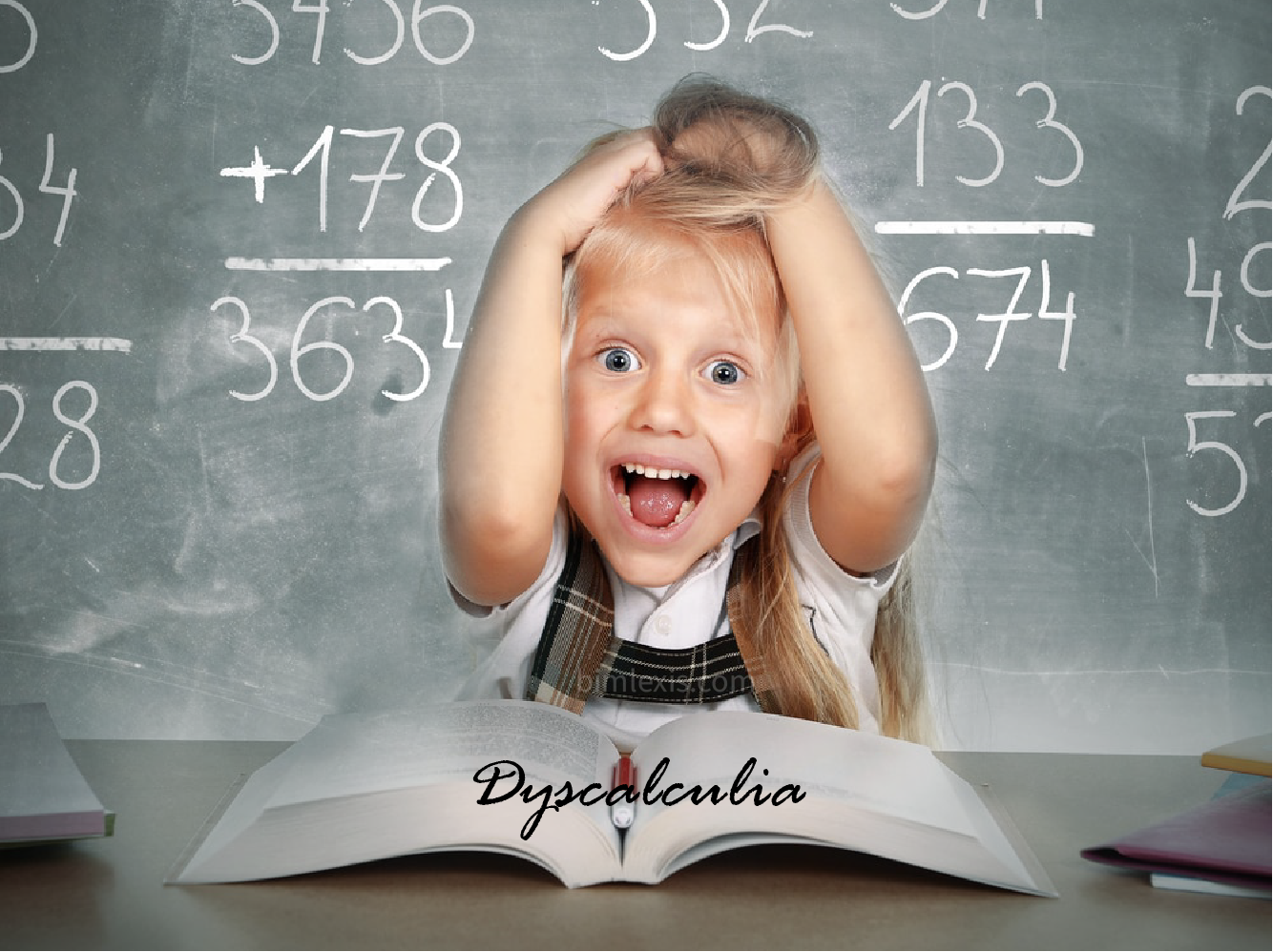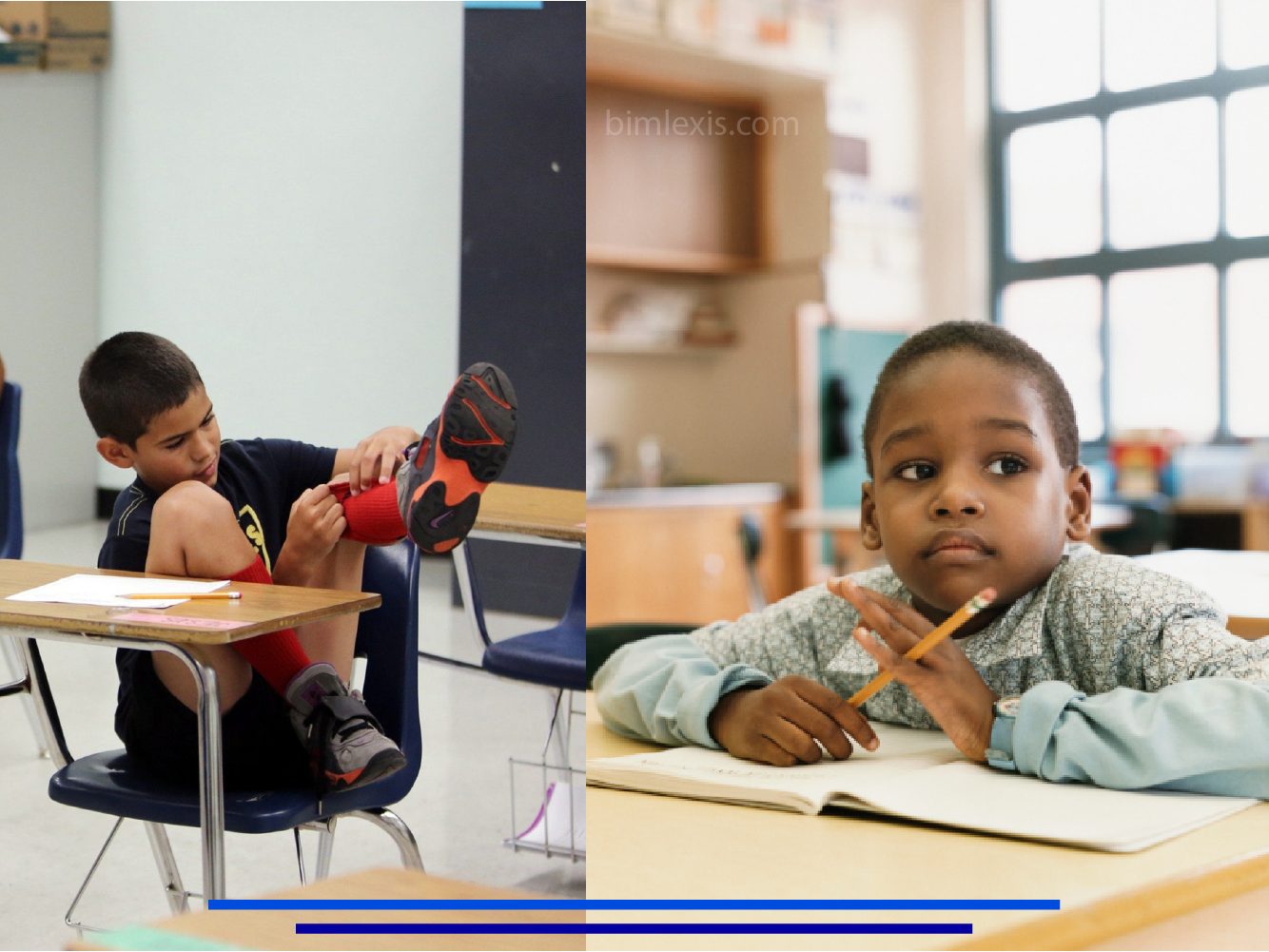
Dyscalculia
Dyscalculia is a learning disability in Math

Corporal Punishment
Corporal punishment affects brain and increases antisocial behavior

Dysgraphia
Dysgraphia is a learning disability in Writting

Dysregulation
Dysregulation is a difficulty in regulating emotions

Overcrowding
Overcrowding - less achievement, more school violence and more dropouts

Dyslexia
Dyslexia is learning disability in reading

ADHD
ADHD is a disorder that affects brain's executive functions.

Home Violence
Home violence affects cognitive performance and hurts children most.
All your academic and life success in one system.
We collect and analyze personal, social, emotional, economical, medical and educational data from preconception onwards to make informed decisions.
We raise awareness of Neurodevelopmental Disorders(NDDs) and support parents and teachers so that they can help children who have NDDs.
Consequences of untreated Neurodevelopmental Disorders (NDDs) affect individual children, families, and nations.
Struggling students do not get the support as soon as possible. Rather, they wait to find themselves on "wait-to-fail” list.
We assess and offer Individualized Education Program(IEPs) and collaborate with parents and teachers to ensure that every child succeeds in life.
We monitor your child's special education needs, emotional & behavioral disorders so that he/she can reach his/her fullest positional.
We Support Students Who have:
ADHD
Children with ADHD fidget, daydream, lose or misuse things. They talk excessively, make careless mistakes, lack executive function skills, and struggle academically.
Dyscalculia
Dyscalculia is a learning disorder that affects a person's ability to understand numbers. This disorder can lead to a range of difficulties with mathematics.
Dyslexia
Dyslexia is a brain-based condition that causes troubles with reading. Dyslexic students have difficulty with reading comprehension, spelling, and writing.
Dysgraphia
Dysgraphia is a neurological condition in which students have difficulty with writing aspects such as poor handwriting, omission of letters, unclear sentences, and slow writing.
Aphasia
Aphasia is a brain disorder that caused by a damage or disruption in parts of the brain that control spoken language (Broca or Wernicke).
Dyspraxia
Dyspraxia, or developmental coordination disorder (DCD), is a neurodevelopmental condition makes it difficult to perform motor skills.
Visual Processing Disorder
Children with visual processing disorder confuse similar words, reverse letters or numbers, skip words, have a poor reading comprehension, make copying errors,...
Auditory Processing Disorder
Auditory processing disorder (APD) is a neurodevelopmental disorder which affects the way a child's brain processes sounds. However, it is not a hearing loss.
Autism Spectrum Disorder (ASD)
Children with ASD often have problems with social communication, interaction, and they also present restricted or repetitive behaviors.
Fetal Alcohol Disorders
Illicit drug use during pregnancy causes miscarriage, preterm labor, birth defects, stillbirth, a higher risk of infant deaths, poor fetal growth rate, and is associated wth behavioral, social, learning, and developmental problems later in life.
Intellectual Disability
An intellectual disability affects a person's ability to learn new information, communicate, cope, and solve problems on their own. Intellectual disability creates emotional burden for both the individual and the family.
Communication Disorders
Communication disorders (CDs) are associated with language phonology, morphology, syntax, semantics, and pragmatics problems. Students with CDs have trouble with reading, writing and speaking.
Executive Dysfunction
Students with executive function skills problems have hard time to plan, organize, prioritize, pay attention to details, and manage their time. Executive dysfunction is ubiquitous in students with ADHD.
Emotional Dysregulation
Emotional dysregulation is an individual’s inability of regulating one’s impulsive behaviors considering the stimuli. These intense responses can cause trouble with relationships, work, school, and daily life.
Gifted with Disabilities
Twice-exceptional students perform outstandingly, but they may still have a disability that makes some aspects of academic achievement or social life difficult.
Emotional and Behavioral Disorders
EBDs affect self-care and learning, disrupt school and family relationships. They include: emotional, disruptive, impulsive, conduct, obsessive, addictive, depressive, personality, eating and sleep–wake disorders.
Memory and Learning Problems
Students who have deficits to encode, store, and recall information from short or long–term memory struggle with learning and remembering what they have just read, or what their teachers said during class lectures.
Abuse and Neglect
Children who have experienced abuse and neglect have health and social, psychological, cognitive, and brain development problems which affect their academic outcomes and their adult life.
Relational Problems
Parental conflicts are associated with increased EBDs such as dropout, aggression, delinquency, and conduct problems in children. Furthermore, children from these families are more likely to have social problems and increased difficulty in adjusting to school.
Family SES Problems
Children from lower SES families tend to have lower levels of reading achievement, math, and language abilities. Children grow up with increased risk for emotional and behavioral problems. SES influence cognitive, social, physical, and brain development.
Child's Social Environment Problems
Children’s social environment affects how they grow, interact, study, and live. Poverty, violence, chronic stress, unwanted pregnancies, and other negative experiences cause social, emotional, physical, cognitive, and psychological problems that affect learning.
With BioLEX, Rest Assured.
Our Mission: See beyond the grades of NDDs students, and prepare them to succeed in life.



































